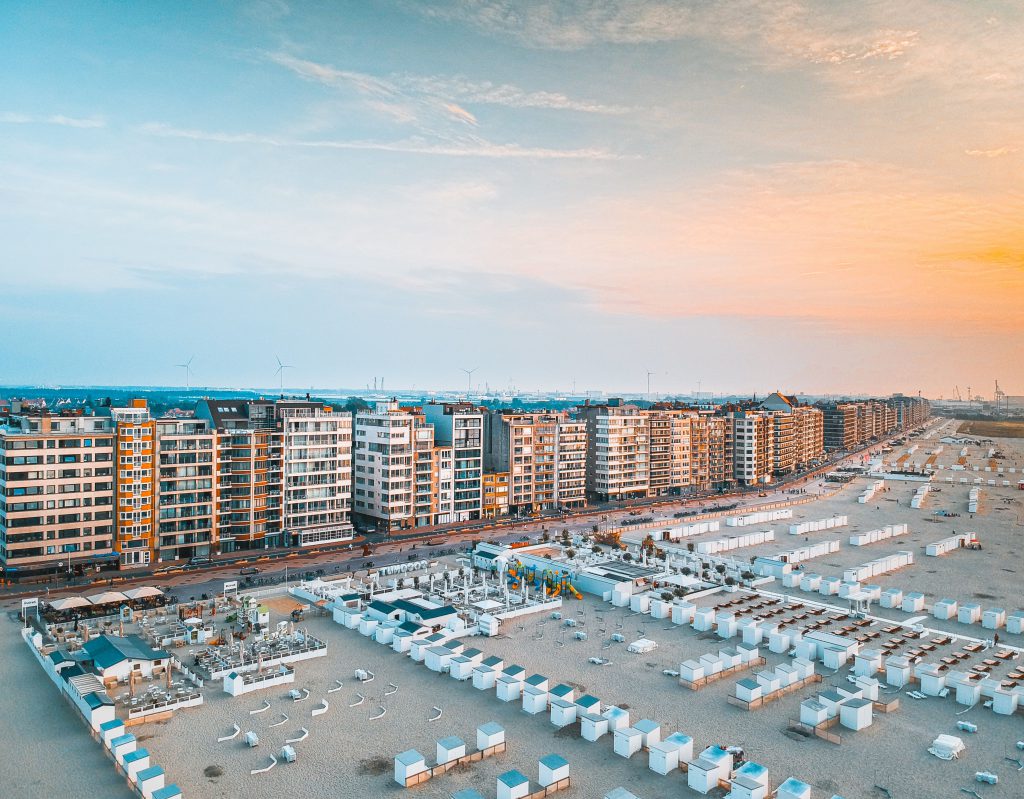In the picturesque Belgian coastal town of Knokke-Heist, a legal battle has been brewing over a tax that has divided the community: the tax on second homes. Recently, the Court of Appeal in Ghent ruled this tax to be illegal and discriminatory. Despite this, Mayor Piet De Groote remains steadfast in his defense of the tax. So, what does this mean for second-home owners, and what’s next for the community?

Background: The controversial tax
The tax on second homes in Knokke-Heist has been a subject of contention for years. The tax was aimed at homeowners who own a second property in the town but do not reside there permanently. The Court of Appeal in Ghent declared the tax illegal, stating that it discriminates against second-home owners as primary residents do not face additional taxes.
Note: The ruling has sparked a debate on the fairness and legality of such taxes, not just in Knokke-Heist but across Belgium.
Mayor’s defense
Mayor Piet De Groote argues that the tax serves a purpose. According to him, abolishing the tax would have significant consequences for the community. He claims that second-home owners would see a reduction in police presence, security measures, cleanliness, and community activities. As a result, the value of their second homes would likely decrease.
Impact on community services
The revenue generated from the tax goes into maintaining the quality of life in Knokke-Heist. This includes funding for public services that benefit all residents, including those who own second homes.
No new taxes
The mayor is opposed to introducing a new tax on individuals as a replacement. He believes that doing so would only be a result of pressure from second-home owners and suggests that the community should reflect on the direction they want to take regarding these taxes.
What’s next?
The future remains uncertain. Lawyers for the municipality are studying the court’s decision to consider a possible appeal.
Legal options
One option is to file an appeal to the Court of Cassation, the highest court in Belgium. However, this would be a lengthy and costly process, with no guaranteed outcome.
Community response
The ruling has elicited mixed reactions from the community. While some second-home owners feel vindicated, others worry about the potential decline in community services and property values.
Broader implications
The ruling could set a precedent for other Belgian towns with similar taxes. It raises questions about the legality and fairness of taxing second homes differently from primary residences.
Impact on other municipalities
Other municipalities with similar taxes will be closely watching the developments in Knokke-Heist. The ruling could either deter or encourage them to implement or revise their own tax policies.
Conclusion
The debate over the second-home tax in Knokke-Heist is far from over. With strong arguments on both sides, the community is at a crossroads. The court’s ruling has added fuel to the fire, leaving second-home owners, the mayor, and the entire community in a state of uncertainty.
Final Thoughts: As the legal and community discussions continue, it’s clear that the issue is not just about taxes but about what kind of community Knokke-Heist wants to be. Whether the tax stays or goes, its impact will be felt by everyone in the town, making it a critical issue that deserves thoughtful consideration.

 Open Immovlan
Open Immovlan